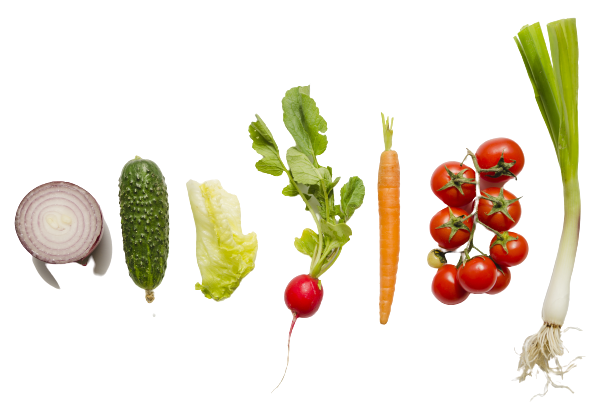Here at the Texas International Produce Association we advocate for the increased consumption of fruits and vegetables. Our challenge became the Clean Eating Challenge because like fruits and vegetables, we wanted participants to eat more WHOLE FOODS…real foods, foods that were not overly processed or loaded with preservatives or artificial ingredients and the “clean eating” movement emphasized that very principle.
So what are the basics of clean eating?
- A lifestyle for better, healthier choices
- Whole, real foods — veggies, fruit, whole grains, animal and plant-based protein, nuts, seeds, and oils.
- Eating as close to nature as possible — minimally processed foods
- It’s about home cooking and good ingredients when possible and healthier choices when dining out.
- Other fundamentals of cleaning eating recommend the removal of added sugars and reducing refined carbohydrates (ex. Breads, chips, white pasta and rice) and focusing on more whole grains.
- Clean eating should minimize or eliminate refined sugar – especially those in high sugar items like snack foods, candy and other sweets and sugary drinks.
- Clean eating does not need to mean total elimination
- When talking less preservatives and whole foods, when clean eating you should

What Clean Eating is Not
- A diet. That doesn’t mean you won’t lose weight, but it isn’t just about losing weight
- Food shaming. Good food should be accessabile. Whether it’s fresh or frozen doesn’t matter. It also doesn’t mean organic or grass fed or vegan or any other food related expectation. It’s about good healthy food.
- Clean food does not mean there is “dirty” food that is bad for you. It means better choices for healthy nutrient dense food.
- Restrictions. It is difficult to make lifestyle choices that are 100% restrictive forever. You may make choices off and on during your clean eating journey to retrain your brain, your palate and your metabolism, but you may also from time to time enjoy a sweet snack, birthday cake or a slice of bread.
- It isn’t a perfect science. You still need to read labels and do the math on nutrition density. For example, agave is no better for you than any other version of sugar; coconut oil is still a mostly saturated fat, cold-pressed juice is still a concentrated source of sugar that may not be the best choice for your daily calorie intake.
